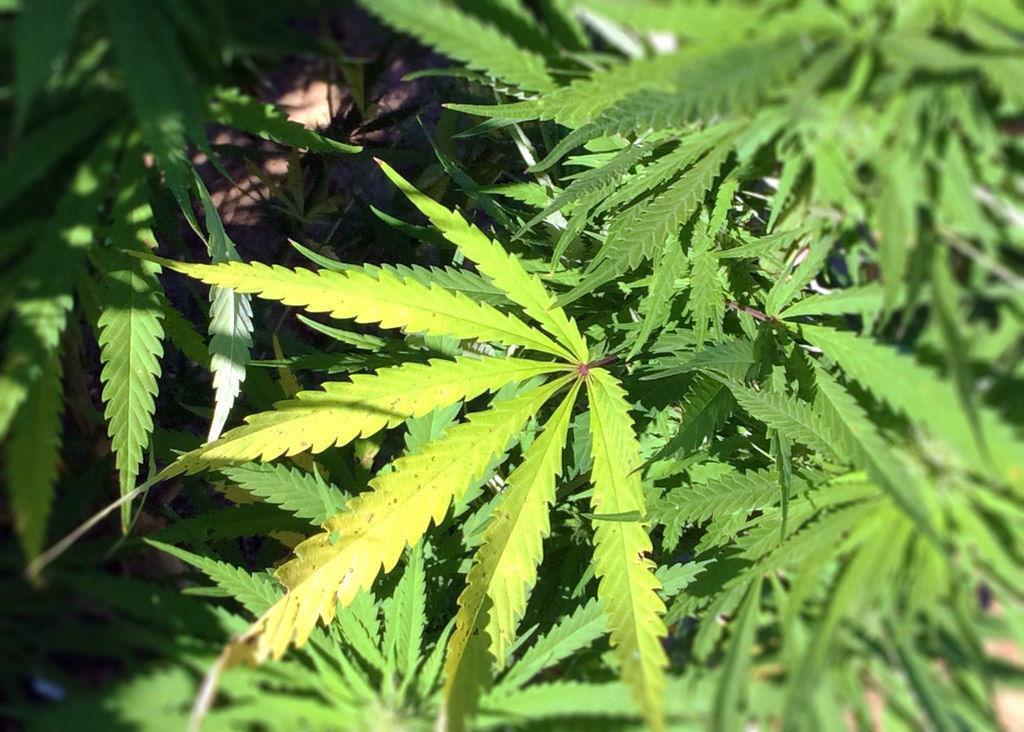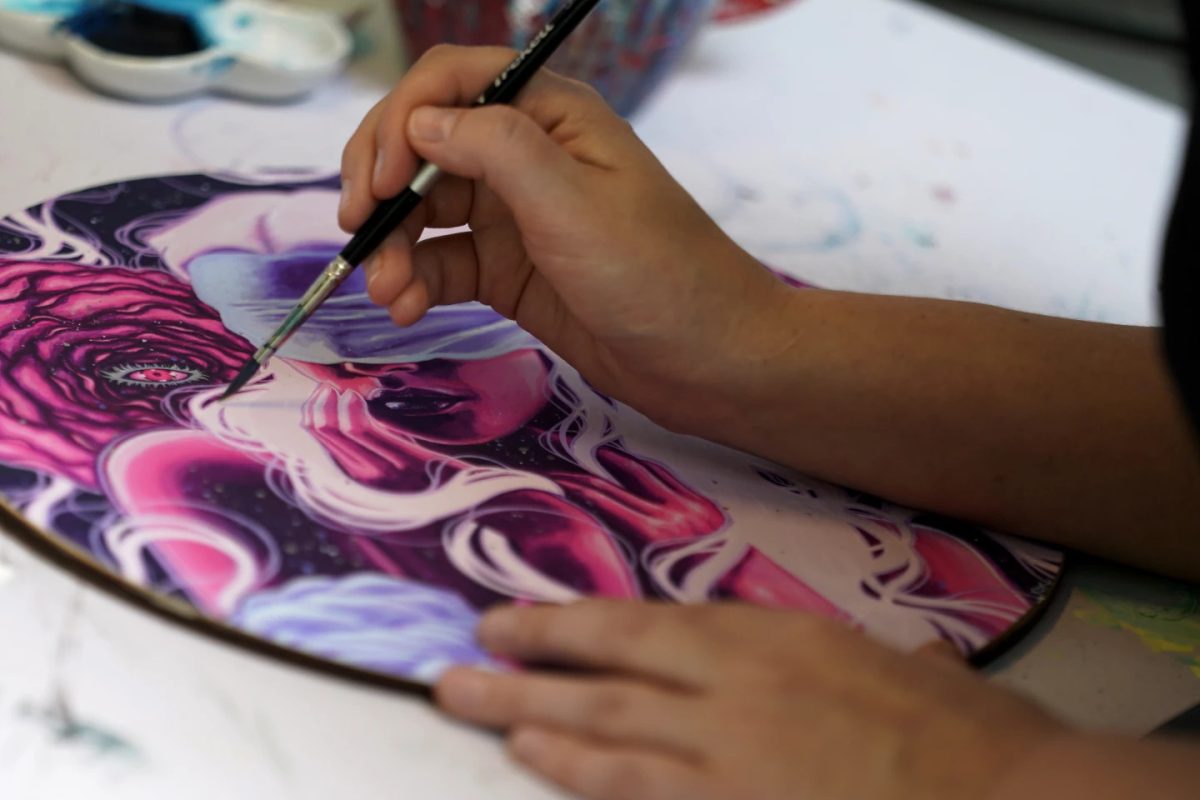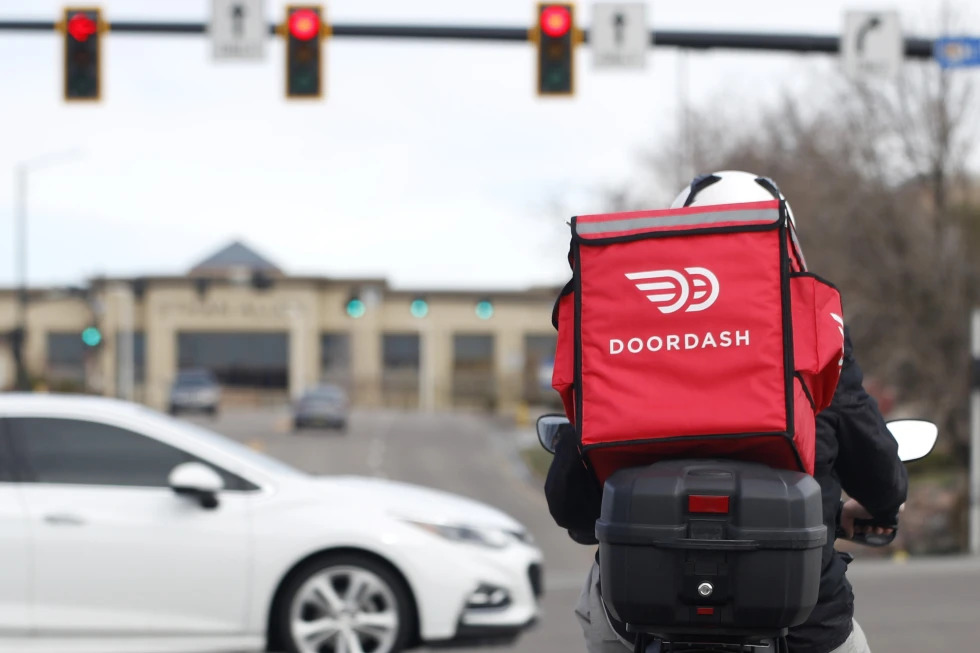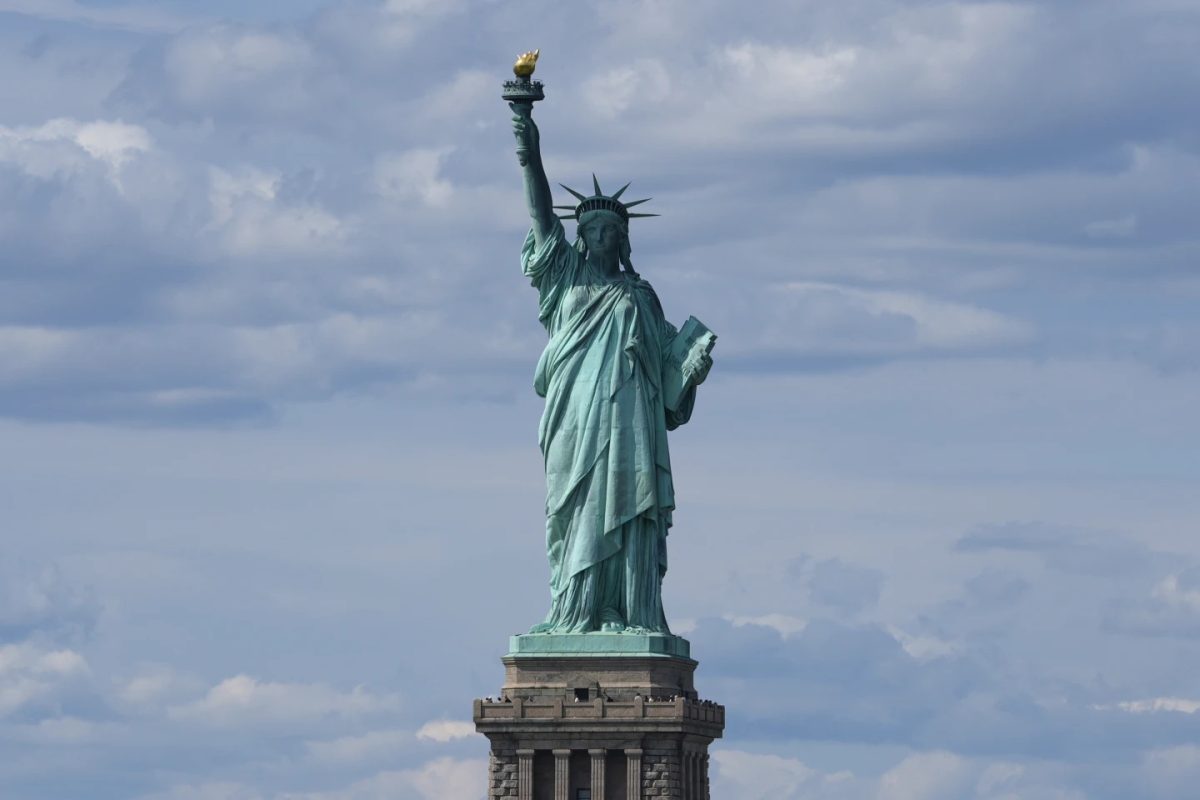On June 7, Louisiana lawmakers in the state Senate voted 20-17 to approve a bill that would decriminalize the possession of up to a half-ounce of cannabis.
This decision brings Louisiana steps closer to an action taken by 13 other states to decriminalize the plant and the start of a journey already taken by the 17 states that have legalized cannabis for recreational use.
The legislation introduced by Rep. Cedric Glover, D-Shreveport, would reduce the punishment of cannabis possession to a misdemeanor that will carry a $100 fine. This is compared to the previous first offense punishment of $300, followed by subsequently increasing fines and eventual jail time.
The state legislation follows previous similar ordinances in Baton Rouge and New Orleans that reduced the punishment to a $40 fine.
While the bill passed with bipartisan support on its way to Gov. Edwards desk in the coming days, this bill’s passage is not the end of the fight for in the fight about cannabis’ legal status.
Decriminalization of cannabis brings the state one step closer to California and Colorado’s cannabis market. In these states, cannabis can be procured in specifically designated dispensaries, with medical and recreation products being sold at different rates and with different levels of taxability.
Regardless, decriminalization is the first step to an untapped source of tax revenue in Louisiana.
In 2020, the tax revenue across the states that legalized it exceeded $3 billion. This is a 58% jump from the previous year. In California alone, $1 billion was collected in the sale of cannabis.
Fighting for recreational cannabis legalization in Louisiana is not only a shift in the state’s previously conservative handling of the issue. It represents a boon to the state’s economy and a potential boost to infrastructure and other public spending.
Legalization of cannabis, started by this notion to decriminalize the plant, could be an important step in the infrastructure of Louisiana. Similarly beneficial, cannabis is far less dangerous than other vices that are a corner stone of southern life.
While alcohol is linked to about 95,000 deaths every year, cannabis is not conclusively linked to the death of any significant population year after year. The only difference is that you can buy a six pack of beer in any grocery store or gas station across Louisiana, but cannabis in its various forms is illegal on the same level as LSD and ecstasy.
While decriminalization brings the state closer to the reality that states like California and Colorado enjoy with medical and recreation use, the lives of prisoners incarcerated on possession charges are hardly affected by this policy shift, if at all.
Legalized cannabis both brings revenue into the state through a highly lucrative taxable product and is significantly less dangerous alternative to alcohol. The winds of change may be in the air when it comes to Louisiana’s attitudes toward the future of cannabis, but that can’t be said for prisoners charged with nonviolent possession.
While future offenses involving cannabis will be judged based on this new standard, this bill does nothing about the disproportionately Black population currently incarcerated for possession.
As fines and legalization eventually become normal when dealing with cannabis going forward, an estimated 32% of inmates are serving sentences for non-violent drug offenses. Just because cannabis’ legal status is decriminalized, that means nothing for the thousands of prisoners incarcerated for what would not be nothing more than a slap on the wrist.
“Unfortunately, the way the system of laws works, is that once you are convicted of a crime under a legal statute then its hard to kind of revisit that,” Ryan King, an attorney told Lafayette’s KADN in April.
As those outside of Louisiana’s disproportionally affected prisons inch closer to enjoying cannabis legalization, let’s not forget the inequities legislation like House Bill 652 would not address. If the battle against a generation-spanning fear of cannabis founded on racism is going to be won within our lifetime, movements like those within the state legislature are only the beginning.
Yes, the passage of House Bill 652 is a time for celebration, but only if the long-term changes it starts rolling reach those who faced the harsh end of racist anti-drug legislation for decades.
Domenic Purdy is a 20-year-old journalism junior from Prairieville.
Opinion: Decriminalizing cannabis is the first step in Louisiana’s journey to legalization
June 20, 2021
In 2016, the LSU Board of Supervisors gave President F. King Alexander the authority to grow medical marijuana. The program is set to begin rolling out cannabis products by mid 2018.








